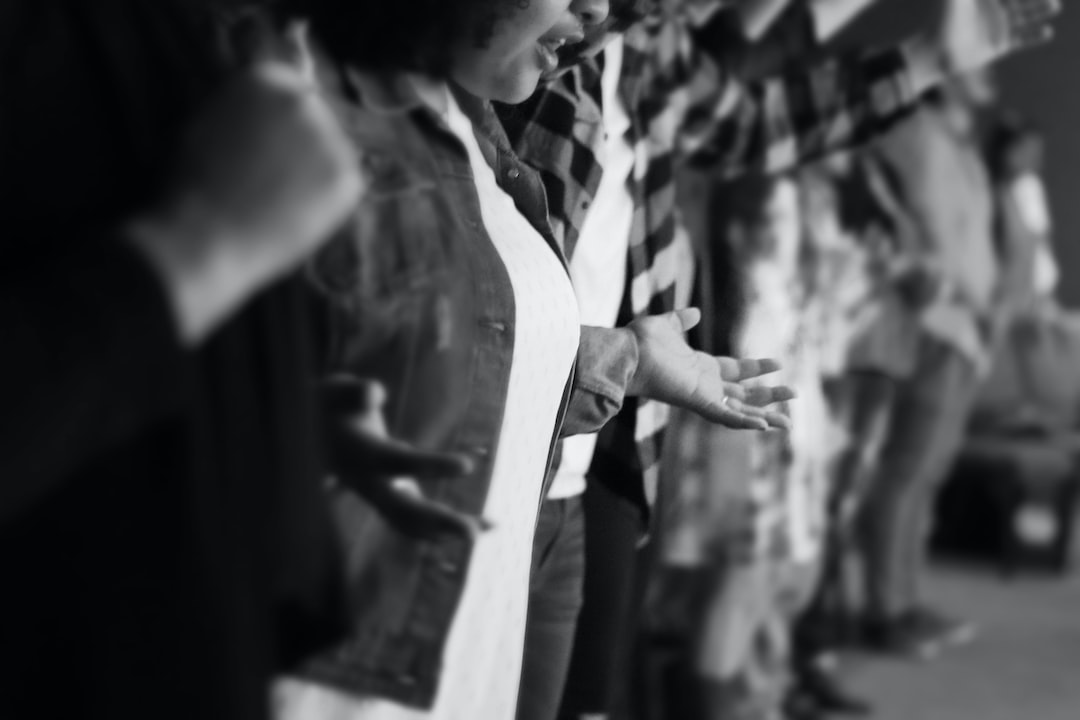Rituals and ceremonies play a significant role in religious practices and are fundamental for believers to express their faith, connect with the divine, and create a sense of community. From ancient times to the present day, these rituals have held a profound importance in religious traditions around the world.
One of the primary purposes of rituals and ceremonies is to establish a connection with the divine. Whether it is through prayer, meditation, or the recitation of sacred texts, these rituals provide a conduit through which believers can communicate with their higher power. They serve as a means of expressing devotion, seeking guidance, and demonstrating reverence. These practices deepen the spiritual connection between the individual and the divine, fostering a sense of faith and providing comfort during challenging times.
Furthermore, rituals and ceremonies are a way to express and preserve religious beliefs and traditions. They serve as a reminder of historical events, sacred stories, and ethical principles. Through rituals, religious communities pass down their beliefs from one generation to another, ensuring the continuity of their religious heritage. These practices help to maintain a cohesive community with a shared belief system, fostering a sense of unity and belonging.
Rituals also offer an opportunity for believers to find solace and meaning in their lives. In times of joy or sorrow, rituals provide comfort, guidance, and a sense of purpose. Whether it is celebrating a birth, mourning a loss, or marking important milestones, rituals help individuals navigate life’s ups and downs. They provide a sense of structure, order, and stability, anchoring individuals in their faith and providing a framework for understanding the cyclical nature of life.
Moreover, rituals and ceremonies facilitate a sense of community and strengthen social bonds among religious practitioners. They serve as a collective experience that unites individuals who share similar beliefs and values. Participating in rituals creates a sense of camaraderie, solidarity, and mutual support that encourages a sense of belonging and involvement within the religious community. These shared experiences promote empathy, understanding, and a sense of responsibility towards others.
In conclusion, rituals and ceremonies are integral to religious practices due to their ability to establish a connection with the divine, pass down traditions, provide solace and guidance, and foster a sense of community. They offer individuals a chance to express their faith, find meaning in their lives, and connect with others who share their beliefs. Through these rituals, religions bring comfort and clarity in a world where individuals seek spiritual fulfillment and a greater understanding of their place within the cosmos.

